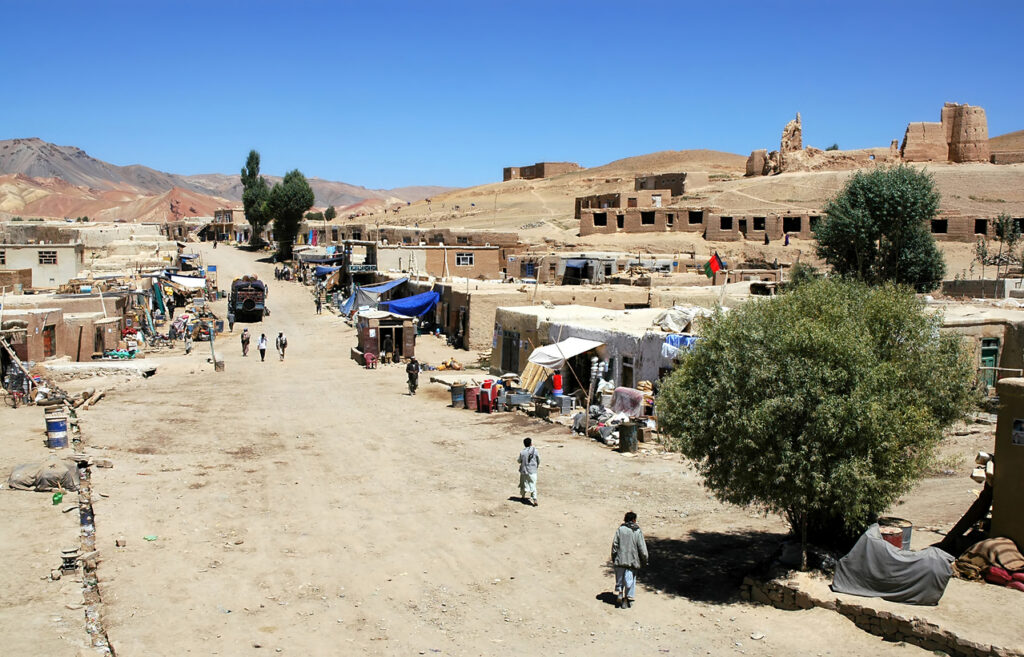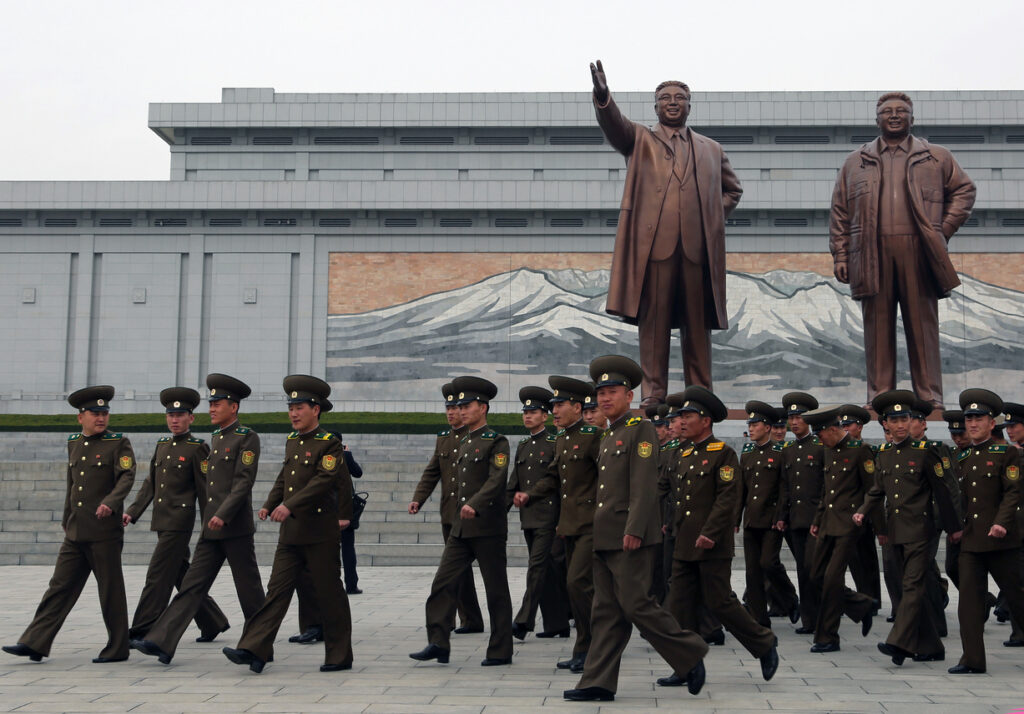These beautiful countries come with a stern official warning.

The U.S. Department of State issues travel advisories for a reason, acting as a crucial guide to the safety and security landscape of a given country. For a handful of destinations, that advice is the stark and unambiguous “Level 4: Do Not Travel.” This isn’t a suggestion; it’s the government’s strongest possible warning, reserved for places where the risk of arbitrary detention, armed conflict, or other dangers is unacceptably high.
While these countries may hold a certain allure for adventurous travelers, they are places where your passport offers little protection and the U.S. government has extremely limited ability to help you.
1. The risk of kidnapping and civil unrest makes Haiti a no-go zone.

Haiti has been plagued by extreme political instability and a catastrophic breakdown of law and order, particularly in its capital, Port-au-Prince. Powerful and violent gangs control large parts of the city, and kidnapping for ransom is a rampant and indiscriminate threat. U.S. citizens have been specifically targeted, making any travel to the country exceptionally dangerous.
The “Do Not Travel” advisory is unequivocal. There is a severe lack of fuel, electricity, and medical services, and the U.S. government has an extremely limited ability to provide emergency assistance to its citizens, as mentioned in The Roaming Renegades. The beautiful culture and landscapes of Haiti are currently overshadowed by a security situation that is simply too perilous for visitors.
2. Venezuela’s political and economic crisis is ongoing.

The long-standing political and economic collapse in Venezuela has made the country incredibly dangerous. The U.S. State Department warns of a high risk of crime, civil unrest, and the wrongful detention of American citizens. The regime of Nicolás Maduro is openly hostile to the United States, and Americans can be targeted and held on baseless charges for political leverage.
Violent crime is endemic, with armed robberies and homicides being commonplace, especially in Caracas. The country’s infrastructure is crumbling, leading to shortages of food, medicine, and clean water, according to Time Out Worldwide. With no U.S. diplomatic presence, any American who travels there is completely on their own in a highly volatile and hostile environment.
3. Terrorism and piracy make Somalia incredibly dangerous.

For decades, Somalia has been one of the most dangerous and lawless places on earth. The country is wracked by terrorism, with the militant group al-Shabaab controlling large areas and frequently carrying out attacks in the capital, Mogadishu. These attacks often target hotels, government buildings, and other areas frequented by Westerners.
In addition to the threat of terrorism and armed conflict, the waters off the coast of Somalia are a hotspot for piracy, as stated at BuzzFeed. The risk of kidnapping for ransom is extremely high, both on land and at sea. With no U.S. embassy and a complete lack of security, it remains a firm “Do Not Travel” destination.
4. Afghanistan is under the control of the Taliban.

Following the withdrawal of U.S. forces and the collapse of the Afghan government, the country is now under the control of the Taliban. The U.S. State Department has made it clear that any American who travels to Afghanistan faces an extreme and unacceptable risk of being wrongfully detained and taken hostage. The Taliban does not recognize the rights of foreign citizens.
The security situation is dire, with the constant threat of attacks by rival groups like ISIS-K. There is no U.S. diplomatic presence, and the government has no ability to provide any consular services. The country’s incredible historical and natural beauty is completely off-limits due to the grave and unpredictable dangers.
5. Myanmar’s military coup has created a volatile situation.

Since a military coup displaced the democratically elected government, Myanmar (formerly Burma) has been in a state of civil unrest and armed conflict. The military junta has violently suppressed pro-democracy protests and is engaged in active fighting with ethnic armed organizations and resistance forces throughout the country. This has created a highly dangerous and unpredictable security environment.
The U.S. government warns of the risk of wrongful detention and the arbitrary enforcement of local laws. The regime is known to interrogate and detain foreigners without cause. The political situation is extremely tense, making travel to this beautiful Southeast Asian nation far too risky at the present time.
6. Russia’s hostility toward Americans poses a serious risk.

Due to the ongoing war in Ukraine and the resulting political climate, the State Department strongly warns all U.S. citizens against traveling to Russia. There is a very real and demonstrated potential for American citizens to be harassed, singled out, and wrongfully detained by Russian security officials. Several Americans are currently being held on baseless charges.
The U.S. embassy in Moscow has severely limited ability to assist citizens, and the arbitrary enforcement of laws makes any interaction with authorities perilous. The risk of being used as a political pawn in the ongoing geopolitical conflict is simply too high, making tourist travel an unacceptable gamble.
7. Sudan is in the grip of a violent armed conflict.

A violent conflict between the Sudanese Armed Forces and the Rapid Support Forces has plunged Sudan into a devastating civil war, particularly in the capital, Khartoum, and the Darfur region. The fighting has created a massive humanitarian crisis and a complete breakdown of law and order. The U.S. government has evacuated its embassy staff and cannot provide any assistance to citizens.
The “Do Not Travel” advisory is stark, warning of the risks of widespread violent crime, including carjacking, kidnapping, and home invasions, in addition to the dangers of the armed conflict itself. The country is in a state of chaos, making it one of the most dangerous places in the world to visit.
8. North Korea remains completely off-limits.

The U.S. government has a long-standing ban that makes it illegal for American citizens to use their U.S. passport to travel to North Korea. This is a rare and powerful restriction, put in place due to the serious and proven risk of arrest and long-term detention of U.S. citizens under the country’s draconian legal system.
The North Korean regime has a history of using detained Americans as bargaining chips. There is no U.S. diplomatic presence in the country, meaning there is absolutely no one to help you if you run into trouble. This mutual closure by both governments makes the Hermit Kingdom the ultimate forbidden destination for American passport holders.
